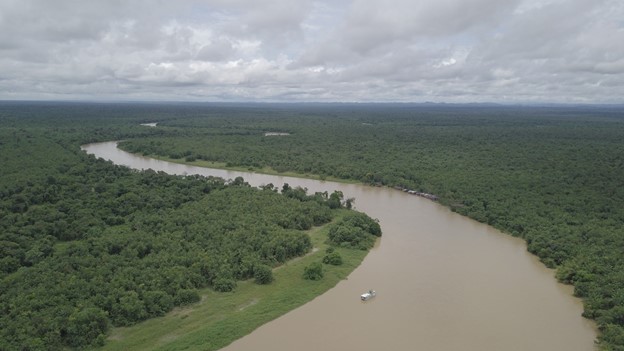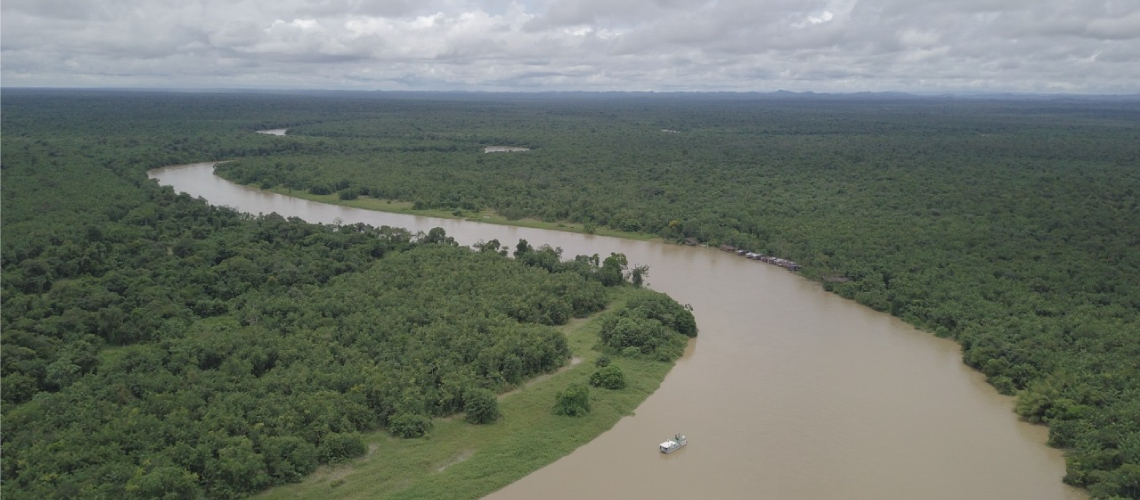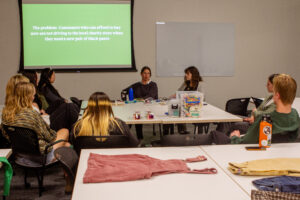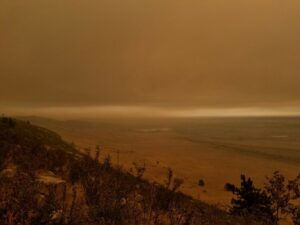Guest Post by Curtis Kline, Ph.D. Candidate in the Department of Political Science and Trainee in the CSU InTERFEWS Program
In 2014 the Whanganui River in New Zealand was granted legal personhood. In 2016, the Constitutional Court of Colombia came to a similar decision about the Atrato River. And, in 2017 environmental and other groups sued the state of Colorado and asked the court to grant the Colorado river legal personhood with all associated rights. While the case from Colorado was pulled before reaching Federal Court, there are still rumblings about this strategy to protect ecosystems and livelihoods in the state.
What does it mean for a river to be have legal personhood? In 2016, the Constitutional Court of Colombia decided that the Atrato River in Colombia’s northwest Department of Chocó is a recognized rights-holding subject, with specific rights to protection, conservation, maintenance, and restoration. Understanding this case will help further appreciate what could develop in Colorado.
The context in which this landmark decision was made helps tell the story of its importance. Armed conflict and illegal mining operations, encouraged by a lack of administrative oversight, increasingly threaten the indigenous and afro-descendant communities who live along the river. Motivated by this neglect, these communities took their concerns to the Court and argued for the protection of their fundamental rights to life, health, water, food security, a healthy environment, culture, and territory.
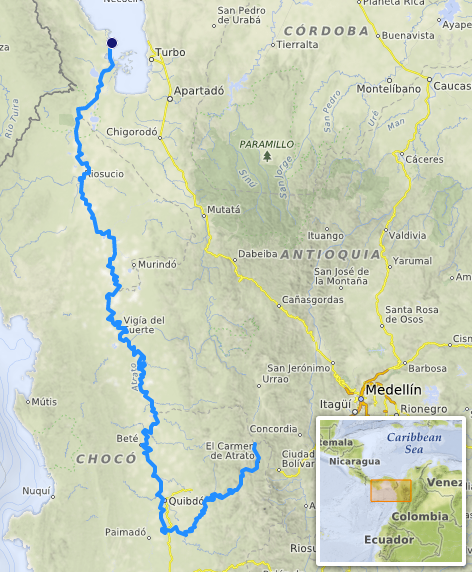
The Court found that the only way to adequately protect these rights was to recognize them as inseparable from the well-being of the river basin. The river, as with its inhabitants, are directly harmed by illegal mining, deforestation, and other extractive and harmful activities. The only way to protect the communities along the river was to grant rights of nature to the river itself.
The notion that nature has legal rights was not new—it had already been enshrined in the 2008 Ecuadorian and 2009 Bolivian Constitutions and has had impacts in other parts of the world (such as New Zealand and Colorado). But, what, beyond legal description, do such statements entail? I systematically analyzed the Court orders identifying actors, rules, and actions.
Within the courts 160-page decision are seven main actions that provide a framework and timeline. In particular, the Court demanded that the national government, the departmental governments, and the municipal governments, along with connected universities, NGOs, research institutes, and community representatives:
1) Recognize the rights of the river and establish legal representation.
2) Develop a plan of action for decontamination.
3) Develop a plan of action to eradicate and neutralize illegal mining.
4) Develop a plan of action to recover traditional subsistence livelihoods of the afro-descendant and indigenous communities.
5) Conduct toxicological and epidemiological studies.
6) Monitor the Court orders; and,
7) Form an Inter-institutional Commission for Chocó.
Three years later however, very few actions have been taken. Even more, the actions that had been taken weren’t well documented or coordinated. Why then despite the granting of rights and the specification of orders, wasn’t the Constitutional Court able to change the on the ground realities?
Ultimately, the Court orders have come up against powerful economic groups, including those involved in illicit trade, that slowed progress, limited reporting, and restricted follow through on the orders. Opposition to the implementation of these groundbreaking Court orders was able to gain power due to the weak institutions that are responsible for monitoring and implementation. But did anyone expect immediate and massive changes to the Colombian state based on a court decision giving a river personhood? Rather, the purpose may have been to empower the local communities. Despite current inaction, constitutional law in Colombia now recognizes the Atrato River as a living entity with rights. This is ultimately empowering to the communities that depend on the river for their livelihoods and survival. They now have constitutional grounds and new tools to defend their lands and lives.
As the rights of nature gains ground legally, socially, and politically, around the world and here in Colorado, it is important more fully understand its limits and opportunities. Giving the Colorado, or other rivers, personhood may not promote change immediately, but it could reduce the obstacles towards protecting community rights in future arrangements.
